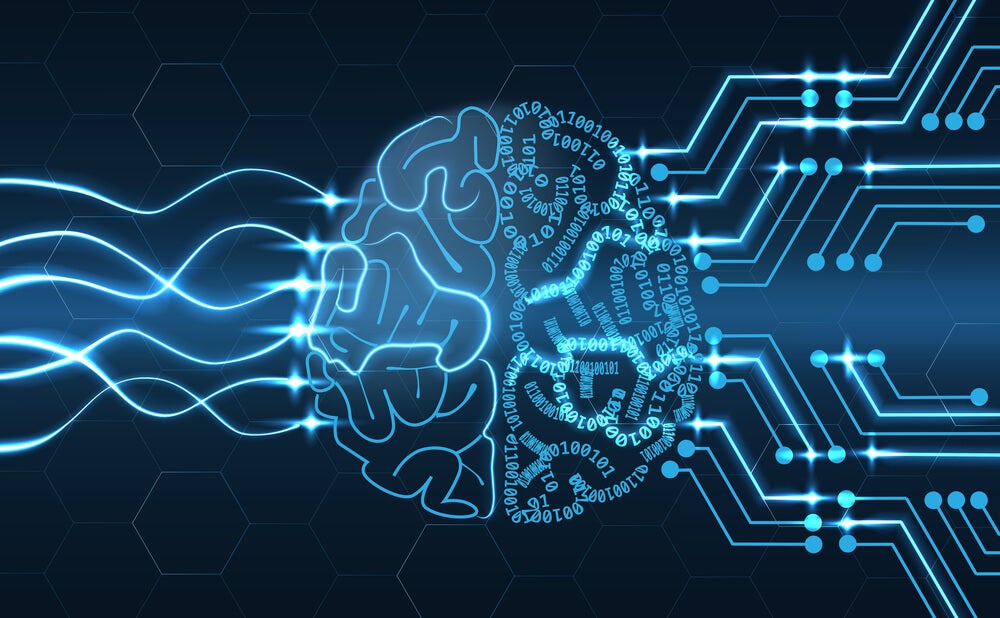Artificial intelligence and psychology are closely linked. Throughout this article, we will explore the definition and consequences of this relationship. Join us on this journey!
Let’s start by defining each of these disciplines. Psychology, according to the Royal Spanish Academy (RAE), is “the science or study of the spirit and behavior of people or animals”.
- Artificial intelligence is “a scientific discipline that deals with the creation of computer programs that perform operations comparable to those performed by the human mind.
- Such as learning or logical reasoning”.
- Also according to the SAR.
“The saddest aspect of life right now is that science gathers knowledge faster than society collects wisdom. “Isaac Asimov?
Psychology and artificial intelligence are linked. Both indicate mental processes, behaviors and emotions; however, they are different disciplines, which does not mean that they cannot be interconnected.
Let’s look at the areas of psychology associated with artificial intelligence:
As you can see, there are many areas of psychology that can be favored by artificial intelligence, on the other hand, we can see their contributions to other areas of research.
Carlos González Tardón, a degree in psychology, shows how to intervene in psychology and psychotherapy with simulated beings, providing information on the new tools of experimental psychology.
Currently, we can already observe the advancement of artificial intelligence used to promote therapeutic processes, it’s wonderful, isn’t it?Ideas that used to have only one place in our imaginations now begin to become part of reality.
On the one hand, robot projects are underway capable of recognizing the emotions that make life easier for certain people, we are talking about assisted robots that can, for example, accompany people with Alzheimer’s.
In addition, there are other projects to make life easier for those in need of mobility assistance.
Now, it’s not just robots with human characteristics, artificial intelligence systems are also used for psychotherapeutic processes, it is possible, for example, to use virtual reality to work with people suffering from post-traumatic stress disorder.
The idea of using revolutionary methods that promote our well-being may seem wonderful, however, this also involves ethical problems that we must solve in order for them to be further integrated into the everyday scenario.
There is no doubt that technological assistance can improve the quality of life of many people, we live longer and families are less structured, time seems to compress in the face of so many technological options.
For example, when we install a program on our computer or an app on our mobile phone, we accept conditions that we rarely read, we believe that if most accept them we can also assume them, in this way we grant privileges repeatedly that we do not understand.
One way or another, we are delegating in others a review that we should be doing, on another level we see how social networks work, there are several publications surrounded by commercial and advertising interests, meeting places driven by economic initiatives that want to know our tastes and interests to monetize their products.
On the other hand, each psychologist is governed by an ethical code, he is aware that there are rules and that if he violates them he will have to answer to the competent authority, we are talking about an awareness that a machine can hardly reach.
In short, in the association between artificial intelligence and psychology, perhaps the two great dangers are the exchange of very sensitive data with a machine programmed in a language that the user does not know, and the knowledge of the ethical code of the rules. ?that you must regulate certain services, benefits or activities.

